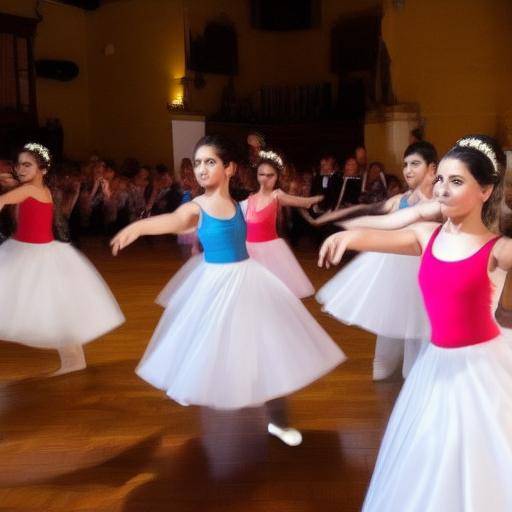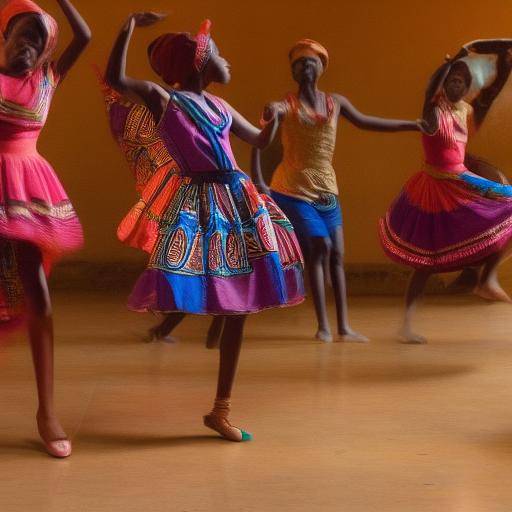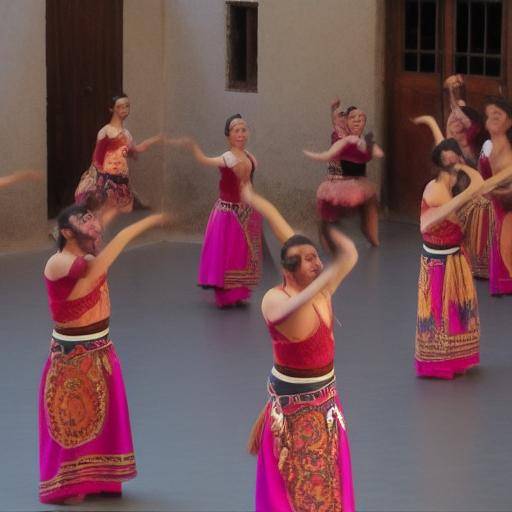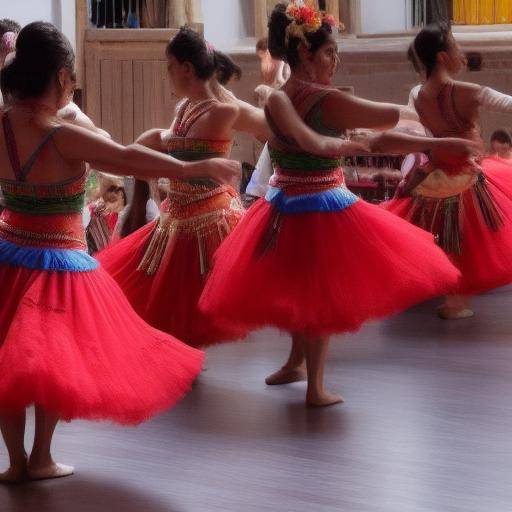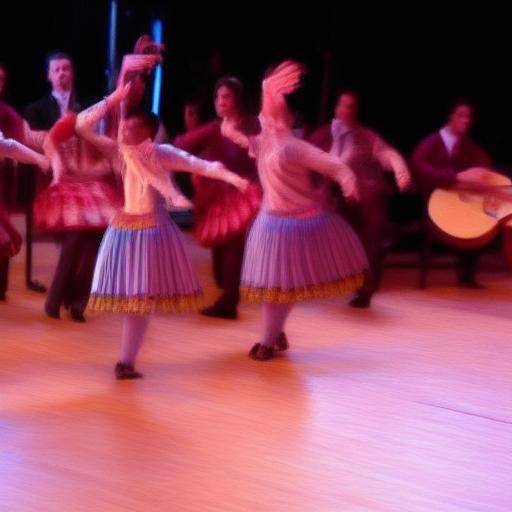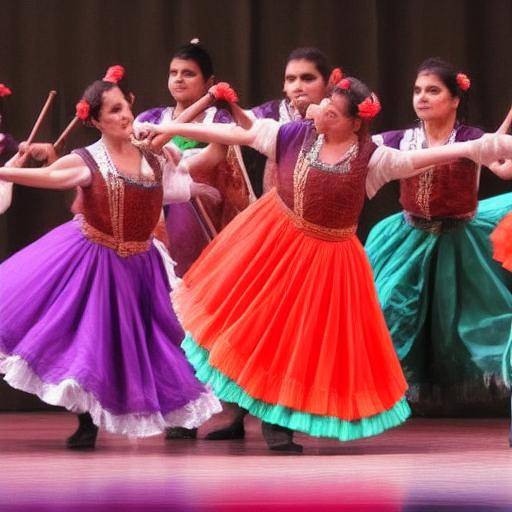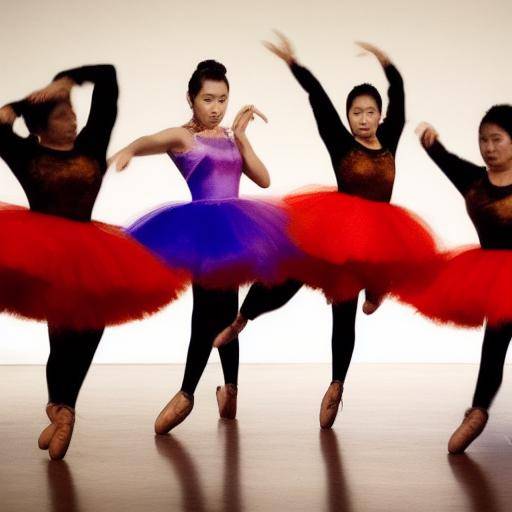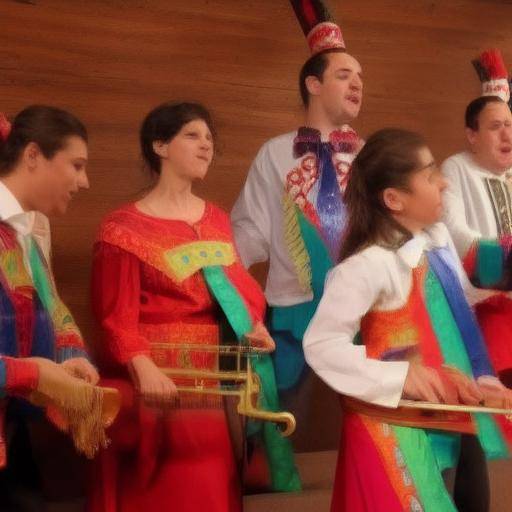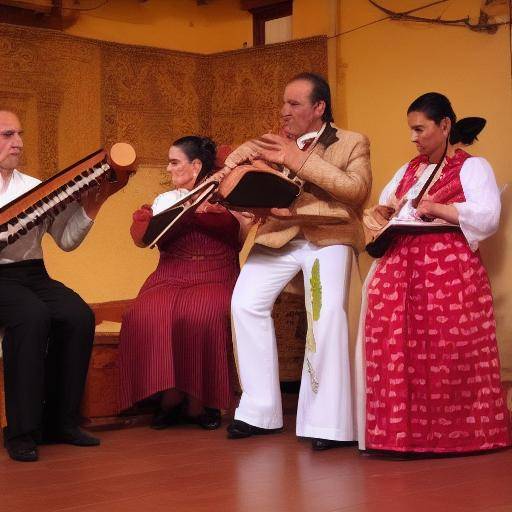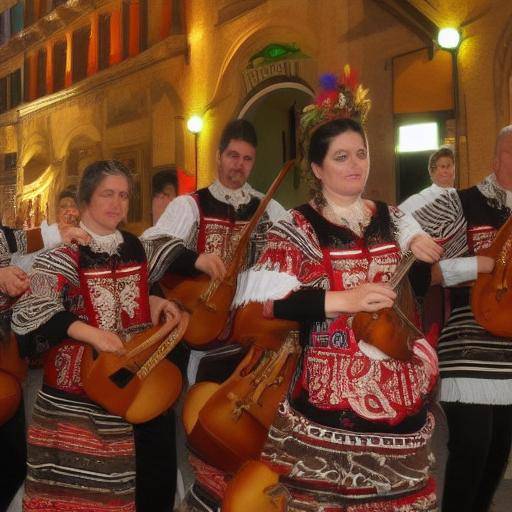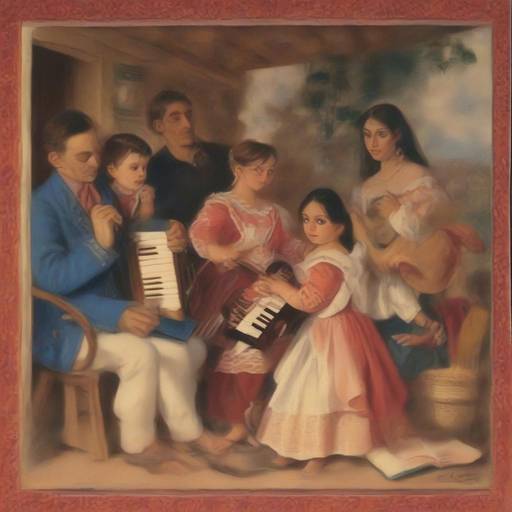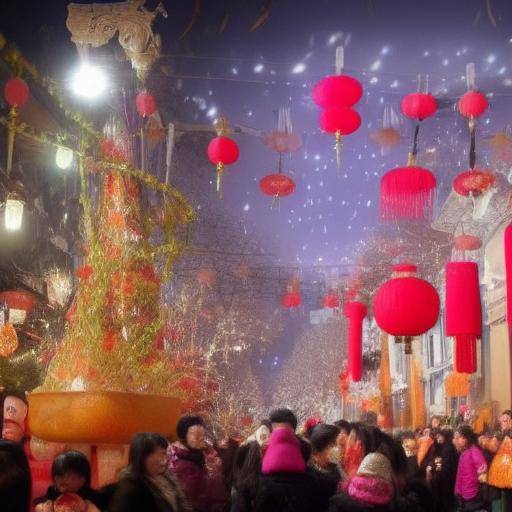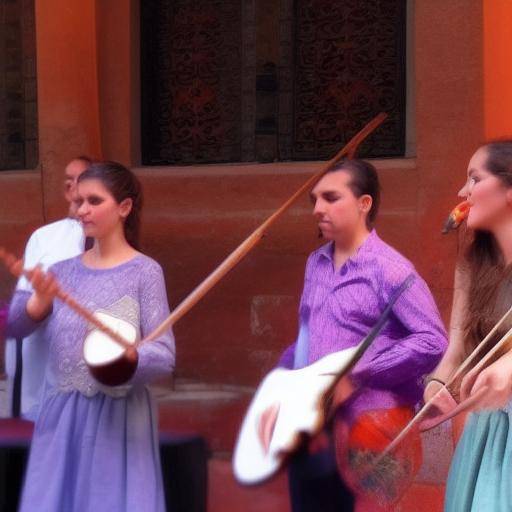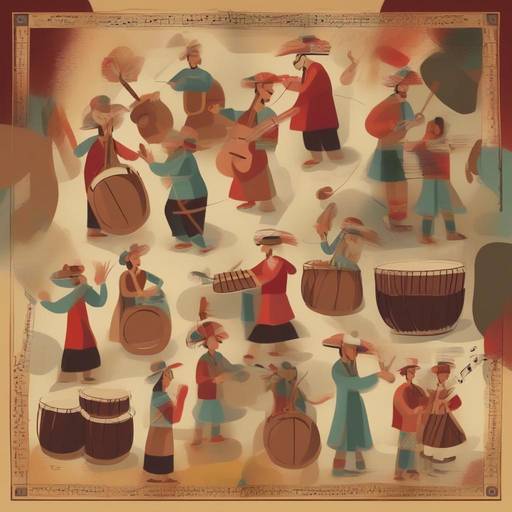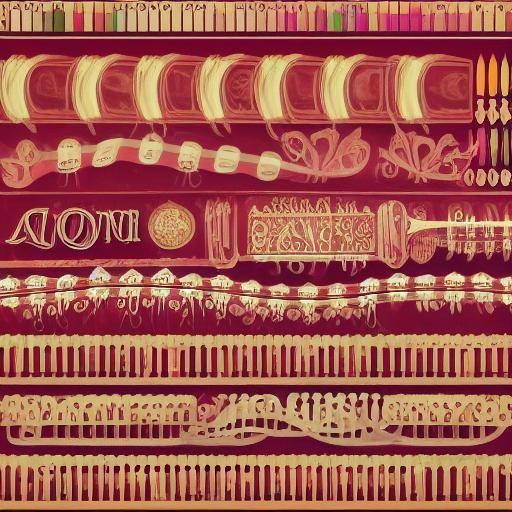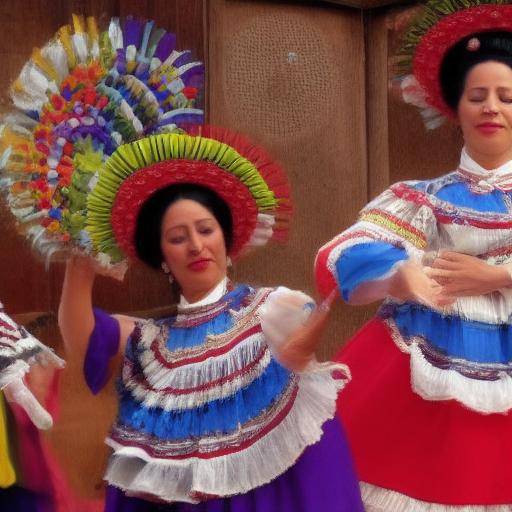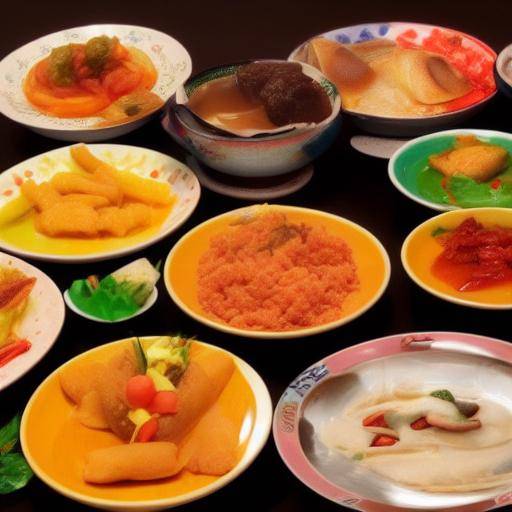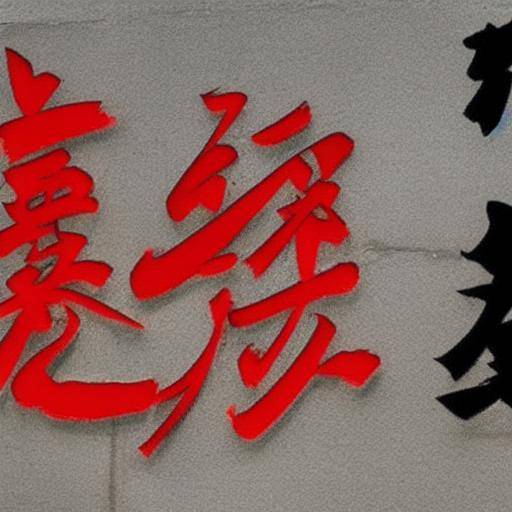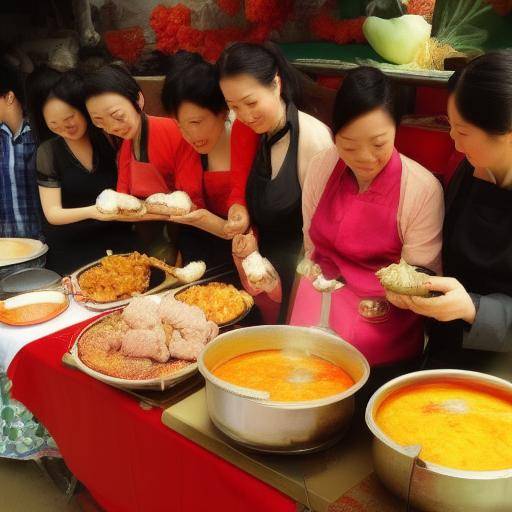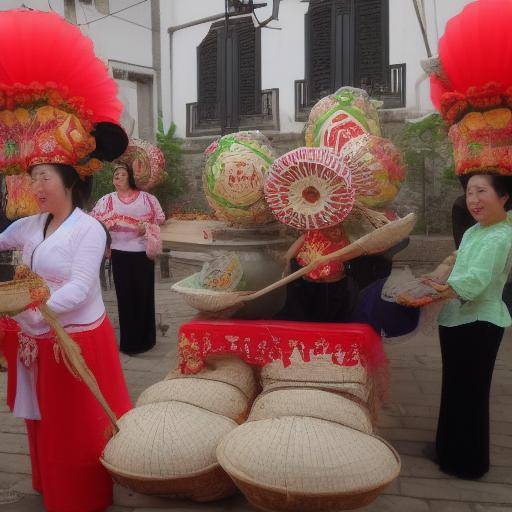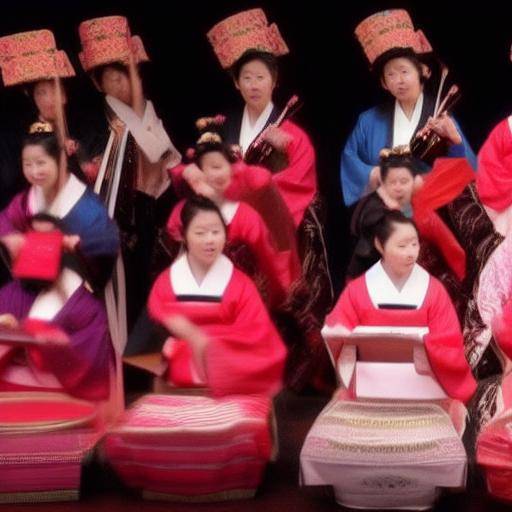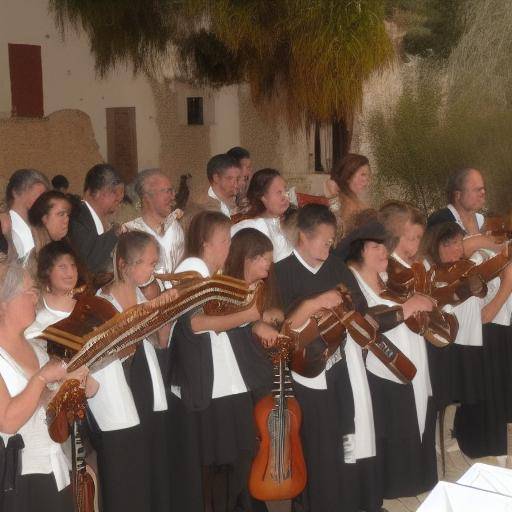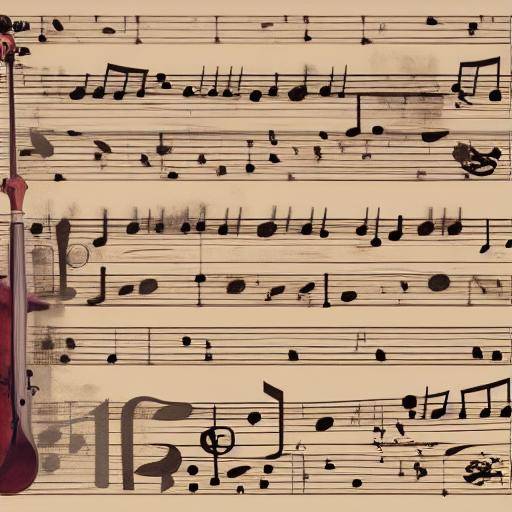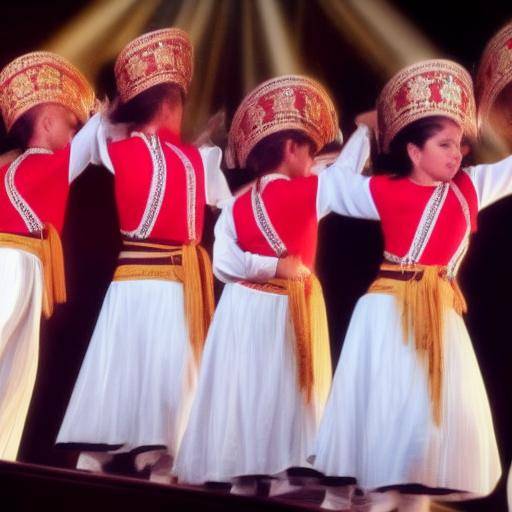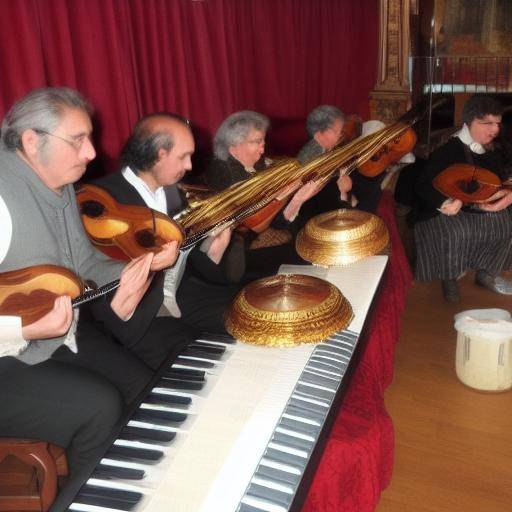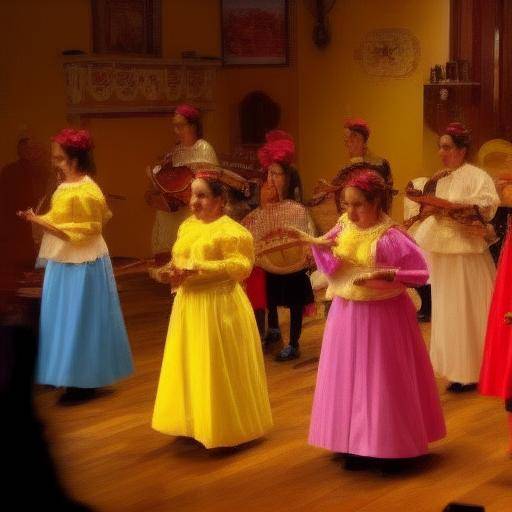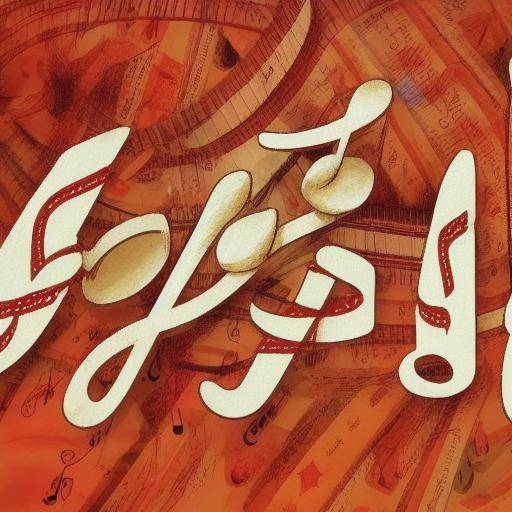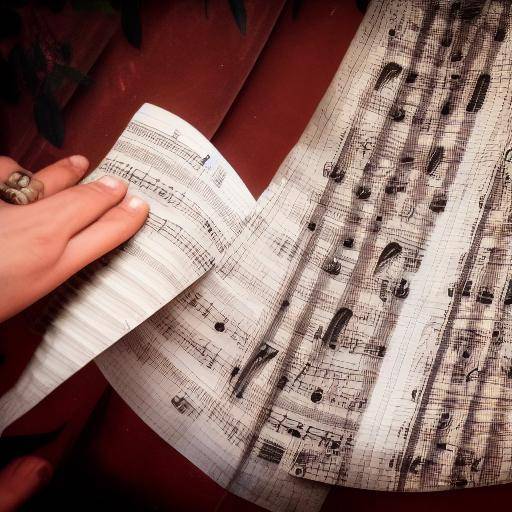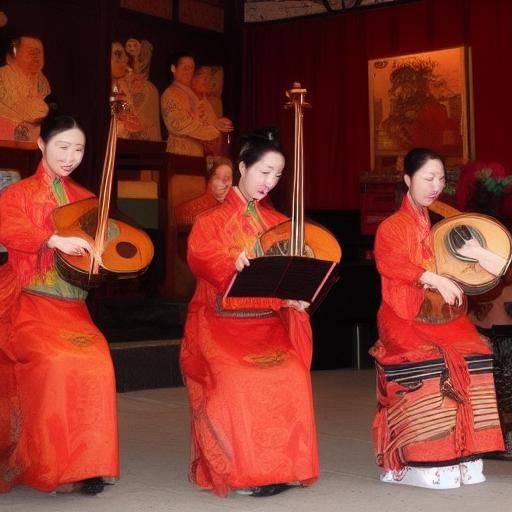
Music is a fundamental element in Chinese culture, enriched by a millennial history and a diversity of musical traditions rooted in different regions of the country. Since ancient times, Chinese music has played a significant role in ceremonies, artistic expressions, and as a means of understanding Chinese cultural identity. In this article, we will explore musical traditions in Chinese culture, history, current meaning, as well as their impact on the cultural and social sphere. In addition, we will address the connections between musical traditions, Chinese culture and contemporary music, offering a detailed analysis along these sections.
Introduction
Chinese music encompasses a rich variety of styles, instruments and forms of interpretation that reflect the nation's cultural diversity. From the majestic sounds of the Peking opera to the soft melodies of traditional instrumental music, Chinese music represents an invaluable cultural heritage that has endured over the centuries. In this sense, exploring musical traditions in Chinese culture not only gives us a deeper understanding of the country's rich cultural heritage, but also allows us to appreciate the evolution of music throughout history.
History and Background
The history of musical traditions in Chinese culture dates back thousands of years, with evidence of musical instruments and musical practices dating from ancient times. Chinese music has been closely related to religious rituals, courteous celebrations, and artistic expressions throughout the imperial dynasties. Traditional Chinese music has been rooted in regional customs, resulting in a wide range of unique musical styles and forms in different parts of the country.
Throughout the centuries, Chinese music has experienced significant transformations, influenced by social, political and cultural factors. During the Cultural Revolution in contemporary times, traditional Chinese music faced significant challenges, but managed to survive and evolve, embracing both their heritage and new influences.
Analysis in Deep
The in-depth study of musical traditions in Chinese culture reveals the deeply rooted nature of music in people's daily lives. From the use of ancient instruments, such as the guqin and the erhu, to the incorporation of traditional melodies in contemporary music, Chinese musical traditions continue to impact the current society in various ways. The preservation and diffusion of traditional Chinese music are fundamental to keeping this unique and meaningful form of art alive.
Comprehensive review
This comprehensive analysis of musical traditions in Chinese culture reveals the depth and breadth of this rich musical heritage. The ability of Chinese music to transcend the barriers of time and connect with contemporary sensitivity is a testimony to its continued relevance in Chinese culture. In addition, traditional Chinese music has influenced modern music, inspiring artists and composers at national and international levels.
Comparative analysis
By comparing Chinese musical traditions with other musical forms of the world, it becomes evident its unique and distinctive character. The influence of Chinese musical traditions on different musical genres, as well as their ability to resonate with global audiences, demonstrates the universality of their musical appeal.
Practical Tips and Accessible Recommendations
As we explore musical traditions in Chinese culture, it is essential to appreciate its diversity and complexity. For those interested in participating and preserving these traditions, considering the learning of traditional instruments, attending musical performances and supporting initiatives that promote the preservation of traditional Chinese music can contribute significantly to their continuity.
Conclusions
In short, musical traditions in Chinese culture represent an invaluable form of artistic expression, rooted in Chinese cultural history and heritage. Its impact transcends borders and its influence makes itself felt in contemporary music worldwide. In appreciating and preserving these traditions, we contribute to enriching the cultural heritage of humanity and promoting musical diversity.
Frequently asked questions
1. What is the importance of musical traditions in Chinese culture?
Musical traditions in Chinese culture have significant relevance, as they represent a tangible link to the nation's history, identity and cultural values. In addition, they have greatly influenced the evolution of contemporary Chinese music and have had a lasting impact on world music.
2. What are some important traditional instruments in Chinese music?
Some traditional culturally important Chinese instruments include guqin, erhu, pipe, and dizi, among others. Each of these instruments has a rich history and plays a significant role in interpreting traditional Chinese music.
3. How has traditional Chinese music evolved in the modern era?
Traditional Chinese music has experienced an evolution both in its form and in its content in response to social and cultural changes. It has managed to merge with various contemporary musical styles, maintaining its essence and adapting to the sensitivity of the current audience.
4. Why is it important to preserve Chinese musical traditions?
The preservation of Chinese musical traditions is not only crucial to keeping alive the country's rich cultural heritage, but also to enrich the global musical landscape. By preserving these traditions, it ensures its continuity for future generations and promotes musical diversity worldwide.
5. What impact do Chinese musical traditions have on contemporary music?
Chinese musical traditions have left an indelible mark on contemporary music, influencing musical composition, interpretation and appreciation at the global level. Artists from various cultures have found inspiration in the rich Chinese musical heritage, thus enriching the contemporary musical landscape.
6. Where can we appreciate Chinese musical traditions today?
Chinese musical traditions can be seen in a variety of contexts, ranging from interpretations in theaters and conservatories to performances at cultural festivals and international events. In addition, access to online recordings and platforms has expanded the scope of these traditions, allowing global audiences to appreciate and experience traditional Chinese music.
Conclusion
Musical traditions in Chinese culture have an extraordinary wealth that transcends time and space. Their preservation and appreciation allow us to connect with a millennial tradition and enrich our understanding of music as a form of cultural expression. As we celebrate and value these musical traditions, we contribute to honoring cultural diversity and enriching human experience through music.

